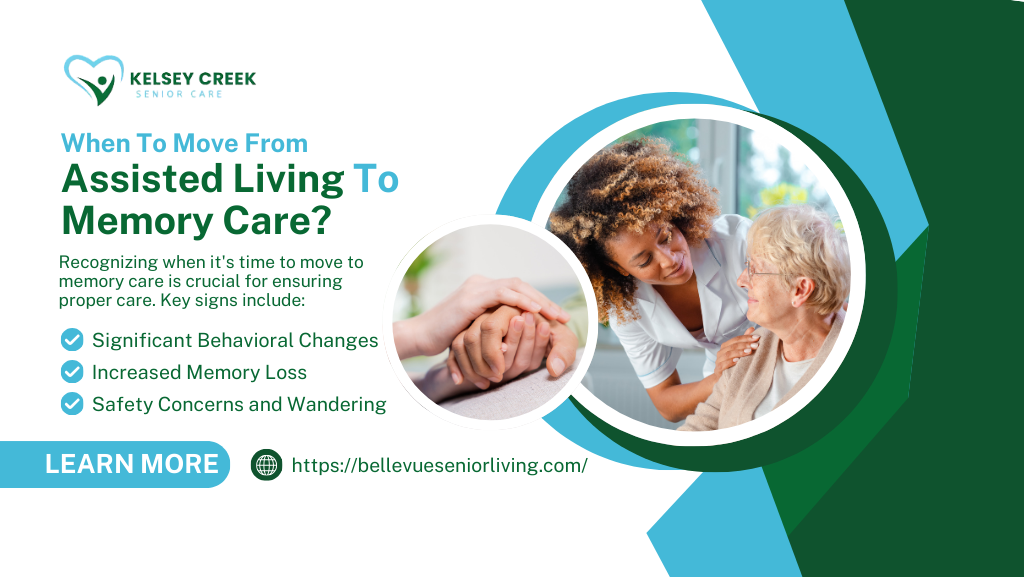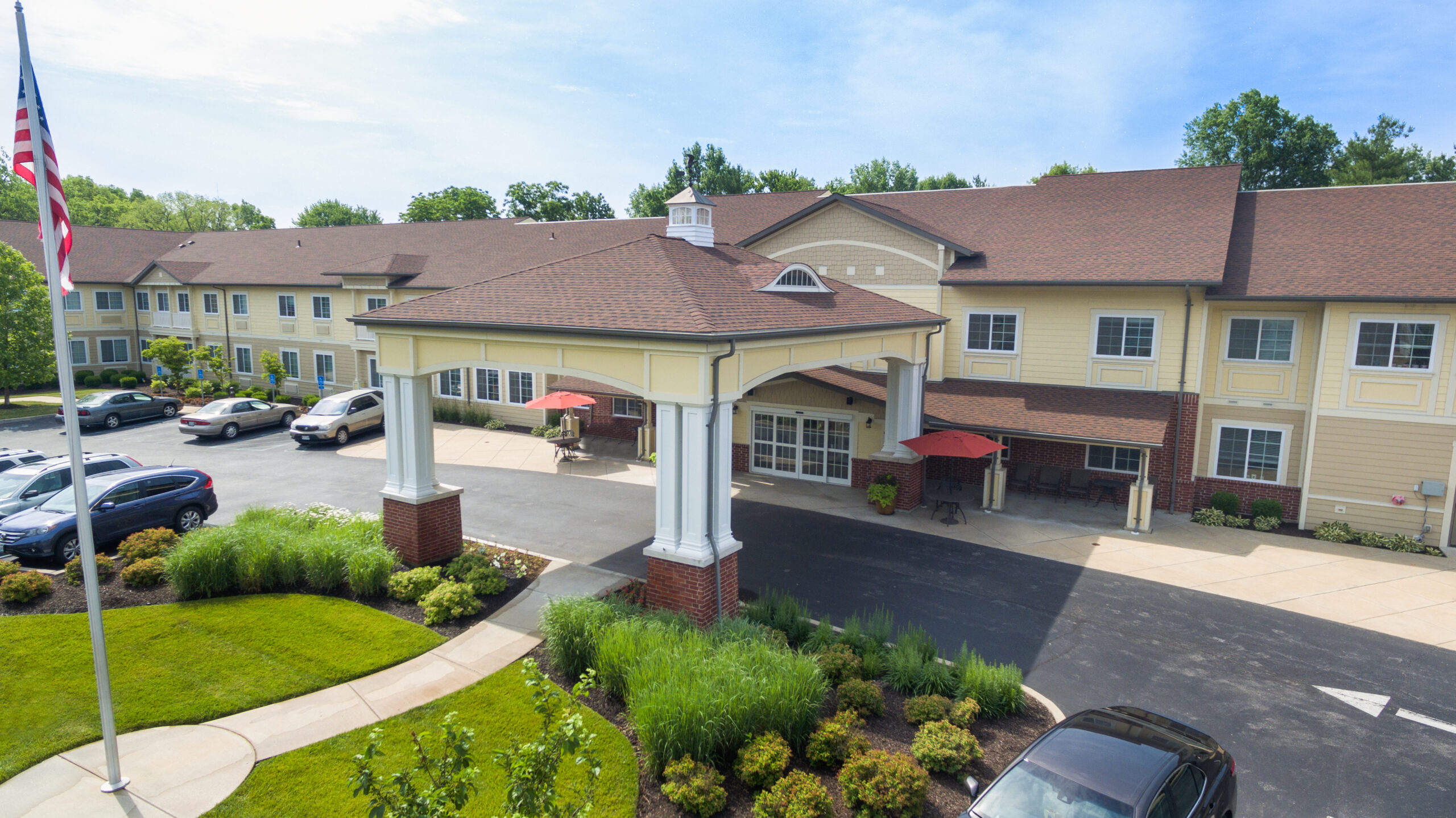Why Families Select Trustworthy and Expert Alzheimers Care Charlotte Facilities
Why Families Select Trustworthy and Expert Alzheimers Care Charlotte Facilities
Blog Article
Developing a Safe and Helpful Environment for Alzheimer's Care
The production of a encouraging and secure atmosphere for people with Alzheimer's is paramount in enhancing their quality of life. Checking out these diverse approaches can disclose critical insights into effective caregiving strategies that may change the everyday experiences of both caretakers and clients.
Comprehending Alzheimer's Demands
Regularly, people with Alzheimer's condition show an array of requirements that call for customized techniques to care. As the problem advances, cognitive decline manifests in various methods, influencing memory, thinking, and also the ability to perform day-to-day tasks. Caretakers must identify these progressing needs to provide proper support and guarantee a better of life for those affected.
One critical element of comprehending Alzheimer's demands is acknowledging the significance of routine and experience. Individuals commonly locate comfort in well established patterns, which can lower anxiety and complication. Caretakers must aim to produce structured daily schedules that include significant activities aligned with the individual's capabilities and interests.
In addition, reliable communication is paramount. People with Alzheimer's may struggle to express themselves or comprehend complex language. Caregivers should employ easy, clear language, use non-verbal hints, and technique active paying attention to promote understanding and link.
Finally, emotional and social demands can not be overlooked. Supplying chances for social interaction and keeping partnerships can dramatically enhance psychological health. Caretakers should encourage involvement in area activities or family events, advertising a feeling of belonging and purpose. Recognizing these diverse demands is vital for producing an encouraging care environment.
Designing a Safe Home
Producing a risk-free home for people with Alzheimer's illness is necessary to lessening risks and advertising freedom. The design of the home should prioritize security while allowing for personal convenience. First, get rid of possible hazards such as loose rugs, sharp objects, and clutter, which can bring about drops or mishaps. Make sure that paths are well-lit and clear, as proper lighting minimizes disorientation and enhances mobility.
Including adaptive features is also essential. Install grab bars in bathrooms and near stairs, and take into consideration making use of non-slip mats in wet areas. Furthermore, using different colors for walls and floors can aid in distinguishing rooms, aiding to alleviate complication.
Familiarity is essential for individuals with Alzheimer's. Individualizing the setting with acquainted objects and pictures can reinforce a sense of belonging and safety - Alzheimers Care Charlotte. It is additionally useful to have actually a designated location for everyday tasks, such as analysis or crafting, which can supply framework to their day
Lastly, carrying out a protected outdoor area permits risk-free expedition while attaching with nature. By thoughtfully designing the home environment, caretakers can substantially enhance the high quality of life for people living with Alzheimer's illness.
Enhancing Interaction Skills

Non-verbal interaction, consisting of facial expressions, gestures, and touch, plays an essential function in sharing empathy and understanding. Keeping eye get in touch with and a tranquil temperament can boost the convenience degree of the individual, promoting a feeling of safety.
Additionally, it is essential to practice active listening. This includes being fully existing, showing perseverance, and allowing the person to express themselves without disturbance. Repetition might be necessary; caretakers must be prepared to revisit inquiries or topics, as individuals with Alzheimer's may have problem with memory recall.
Additionally, making use of aesthetic help or signs, such as photographs or acquainted objects, can assist in acknowledgment and interaction. Ultimately, boosting communication abilities has to do with building depend on and creating an environment where people feel listened to, valued, and understood, consequently improving their top quality of life.
Motivating Social Communication
Fostering significant social communications can significantly boost the health of individuals with Alzheimer's illness. Involving with others not just helps battle feelings of seclusion however additionally stimulates cognitive function and psychological health and wellness. Structured social activities, such as group video games, crafts and arts, or songs treatment, create opportunities for citizens to get in touch with peers and caretakers, which can bring about improved mood and decreased stress and anxiety.
Developing a welcoming setting that encourages socialization is important. This can be achieved by setting up common areas that assist in interaction, such as relaxing seating locations or task spaces. Furthermore, integrating culturally relevant and familiar tasks can urge and trigger memories involvement, enabling individuals with Alzheimer's to feel more linked to their previous experiences.
Furthermore, caretakers must be trained to identify and promote social interaction among residents. By focusing on social interaction, we can dramatically enhance the lives of those living with Alzheimer's, fostering a sense of area and belonging.
Supporting Caretaker Well-being

To support caregivers, organizations must offer regular training and academic sources to enhance their understanding of Alzheimer's disease and caregiving methods. Supplying accessibility to reprieve treatment solutions permits caretakers to take necessary breaks, decreasing anxiety and tiredness - Alzheimers Care Charlotte. In addition, fostering a community with support system can assist in emotional sharing and the exchange of functional suggestions amongst my site caretakers, developing a network of common assistance
Psychological health and wellness sources, such as therapy services, can also be essential in resolving the emotional toll caregiving can take. By focusing on caregiver health, we develop an even more lasting caregiving environment that not only benefits the caregivers themselves yet additionally improves the general top quality of care received by people with Alzheimer's. Inevitably, sustaining caregivers is a necessary element in promoting a caring and efficient treatment setting.
Conclusion
To conclude, the production of a secure and helpful atmosphere for individuals with Alzheimer's is necessary to improving their top quality of life. By prioritizing security through thoughtful layout, this post cultivating psychological health with familiar components, and promoting engagement with structured routines, caregivers can considerably influence the general experience of those affected by this problem. Supporting caregiver health is vital, as it ultimately contributes to a much more reliable and caring care setting.
Repetition might be necessary; caretakers need to be prepared to review subjects or concerns, as people with Alzheimer's might struggle with memory recall.

Report this page